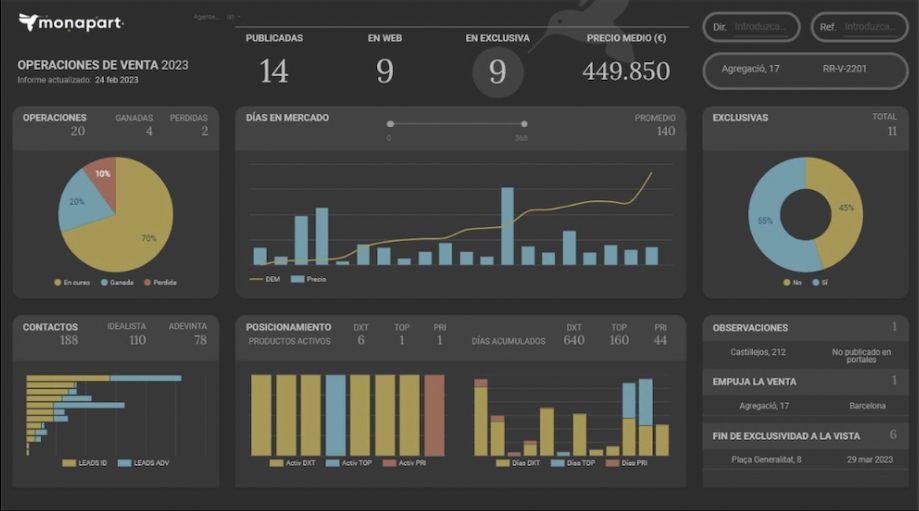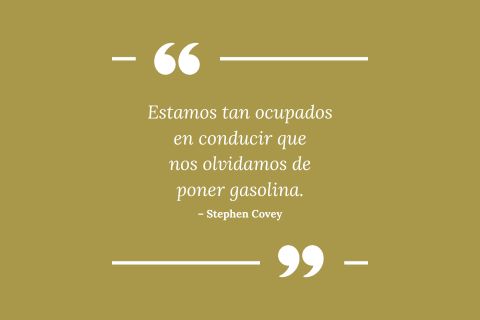To buy or not to buy? What to do when a "friend" asks for advice (Part I)
What we want to do is to help you get out of the situation that arises when a "friend" asks you for advice on whether or not to buy a property.
It must have happened to you at some point: You see the name of an old friend on the incoming call and think he or she is calling to hear from you, which makes you happy, but your joy fades after the usual preliminaries when your "friend" tells you:
"Listen, apart from knowing how you are, I was calling you because I am about to buy a flat and, before making the final decision, I would like to have your opinion as an architect...".

This is not the place to reflect on friendship. We are among architects and what we want is to help each other to get out of the situation as gracefully as possible. Therefore, when a friend asks you for advice on buying a flat:
1. Delimit your advice well: explicitly ask which topics you will be asked to comment on so that you can assess whether or not they are part of your area of expertise. expertiseThe following information should be taken into account: purchase price, cost of a possible renovation, state of conservation of the building and/or the property, design and interior design, etc. Remind your friend that, in any case, you are giving a technical/professional opinion which may differ from your personal opinion as a friend.
2. Give your opinion on what you know Or, to put it another way, don't get involved in issues you don't know in depth. If you are an appraiser, you will be able to give a reliable opinion on whether your friend is buying at market price or is paying what he wants (which is a legitimate option if he is crazy about the flat). If you are a specialist in renovating homes, you can give the order of magnitude of an eventual renovation without taking a single measure. But if your thing is projecting, designing equipment or town planning, be careful about giving your opinion on such serious things as the price of purchase and/or refurbishment because you can get your fingers caught and lose a "friend".
It is always better, or wiser, to invite other specialist professionals to the project than to capture all the value. And speaking of value...
3. Value your work.
- Helping for free is expensive: you can do it, and this is probably what your "friend" expects, but do it knowing that you will spend at least a couple of hours between the visit and the journey for this innocent consultation. In that time you could have done other paid work, so you will have to add another two hours of "opportunity cost" to the calculation. In addition, during the visit, some issues may arise that you will need to look at calmly when you arrive at the studio and then write an email with your conclusions. So, at the very least, you will have spent between 4 and 6 hours. You have to be a "friend" to give away so much!
- Offer a "friend's price", i.e. announce to your friend that you will charge him/her for the consultation on the basis of your usual professional fees but with X discount by virtue of your friendship. Here you will start to see how important your opinion is to your friend and you may be in for a surprise.
- Charge what you have to. It is about thanking the friend for his trust and doing your best not to disappoint his expectations. It is the violin music that plays when friendship translates into reciprocal commitment.
- It presupposes an "extra" friendship. We are very serious. Working for a friend is very dangerous, because they may call you on a Sunday lunchtime while you are having your well-deserved vermouth to ask you about something they didn't quite understand... anyway, keep this in mind and be aware that this possibility exists.
It is always better, or wiser, to invite other specialist professionals to the project than to capture all the value.
4. Recommend a colleague to your "friend. This is the best option when you value the friendship of the person who asks for your advice, especially if what he or she is asking for is outside your professional expertise. A good recommendation is always much more likely to end well, which will earn you the gratitude of your "friend" and, of course, that of your colleague, who will be able to invoice you for the service and even pay you a small commission for the prescription or give you a ham for Christmas.





